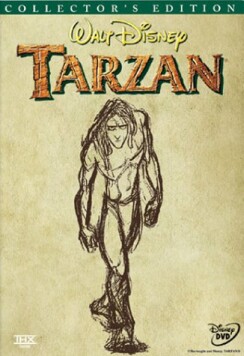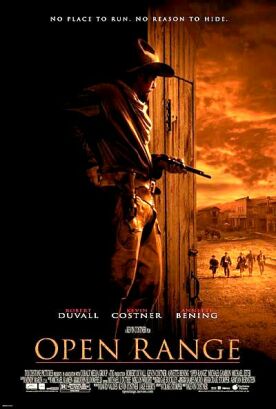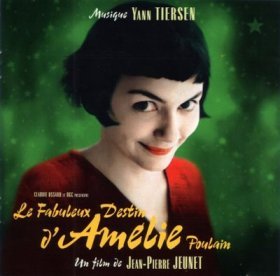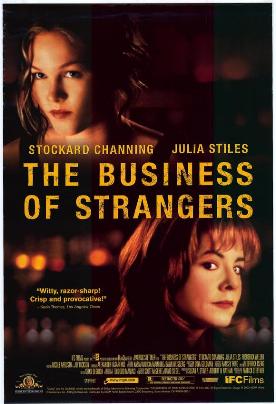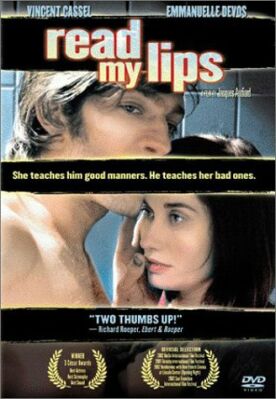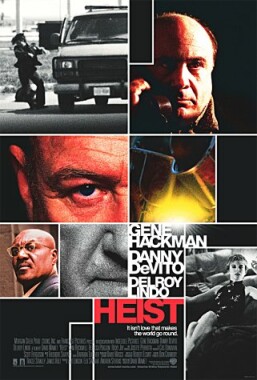Gang Related
Gang Related, written and directed by Jim Kouf, is better than it
sounds. Given that it is yet another crooked cop caper and that it features the
late Tupac Shakur in over his head as one of the two bent patrolmen, it actually
manages to be watchable through the sheer strength of
Kouf’s writing and direction. Only
after it’s over and you think back on
it does the awkwardness and unwisdom of combining an unbelievable story with too
many of the clichés of 90s-noir (the stripper girlfriend, the drug
deal gone bad, the police frameup).
Jim Belushi plays detective Frank DaVinci who, with his partner Rodriguez (Mr
Shakur), runs a series of scams against drug dealers—selling them cocaine,
taking their money, then killing them and taking back the cocaine. They need the
money. DaVinci is saving up for a fishing boat and imagining himself in Hawaii;
Rodriguez is being pursued for gambling debts by a small lender whom he
can’t hold off anymore
( “I already have a f****** miserable
life, so don’t threaten me, you lousy
bag of cat s***!” ) and a very large
enforcer. As the film opens, they are running one of their cons on a man who
turns out to be an undercover DEA agent. When he is killed, his fellow officers
are determined to track down the killers.
The two cops realize that they have to fit somebody up to take the fall and
quickly or they’re going to have the
feds breathing down their necks. DaVinci says to Rodriguez:
“There’s
no reason to panic. We’re going to
find the f****** killers.”
“We are the f******
killers!”
“Since when does that matter?. .
.Somebody has to go down for it. . .to fill that slot. . .
We’re the teachers here. Two and two
can make five. It’s our classroom. .
.We’re going to supply so much f******
evidence that even the a****** we pick is going to think
he’s
guilty.”
The irony is that he does—because he was too drunk to remember
anything, even his own name. But this is where the film goes off the rails. The
drunk, now recognizable as Dennis Quaid, begins to sober up
( “Jail has been good for
me,” he says) and is recognized as
William McCall, who is not only the missing heir to a billion-dollar fortune but
a saintly surgeon who performed organ transplants for the poor in Africa until
his wife and children were killed in a car accident and he turned to the bottle.
When his family’s famous attorney,
Arthur Baylor (James Earl Jones), suddenly joins the defense team, it becomes
obvious that DaVinci and Rodriguez are doomed.
The heart of the picture is the comic cross-talk between them as they realize
that the circle is closing in around them ever tighter. And although this talk
is often good, it is not enough to sustain the rickety narrative structure.
Rodriguez reflects: “You know, Frank,
I think maybe what we did wasn’t
right.”
DaVinci thinks they’ve got to kill
Cynthia (Lela Rochon), the stripper-girlfriend
they’ve pressed into service as a
witness.
“What’s
another chalk outline in this
city?”
“You
can’t kill
everybody,” screams Rodriguez.
“Let me tell you
something,” he says as they sit in
their car outside the scene of a multiple homicide which
they’re supposed to be investigating.
“We got two stiffs in the street here,
three more inside. And this is one street, in one neighborhood, in one city. I
got some f****** statistics for you:
we’re not killing
everybody.”
A farewell irony, perhaps, is that in the movies the cops pretty much
are killing everybody. As in L.A. Confidential and Most
Wanted and so many more recent movies the bad guys are cops or soldiers. In
the final analysis, you have to be paranoid to believe, and thus really to like
a movie like this. And it is not only box office figures which suggest to us how
many people are paranoid these days.
Discover more from James Bowman
Subscribe to get the latest posts to your email.


